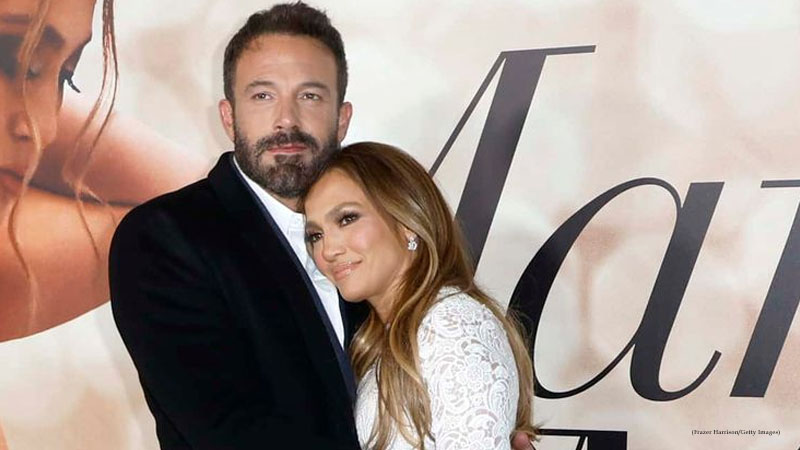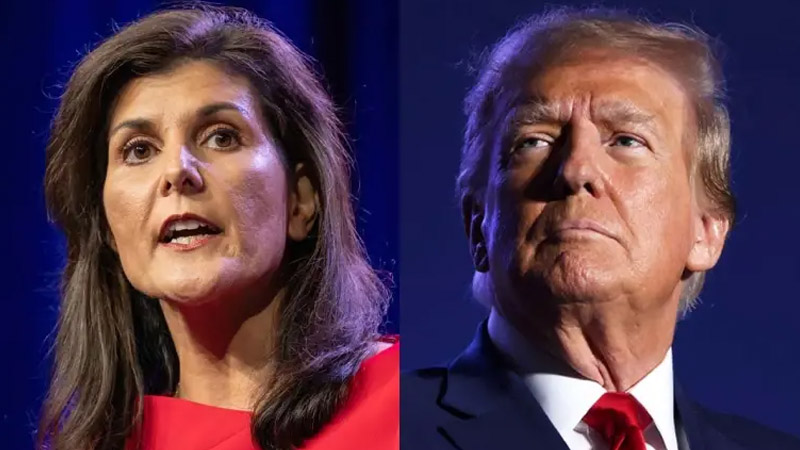Trump Faces ‘Doomsday Scenario’ as Evangelicals Signal They May Stay Home on Election Day

© Mike Segar, Reuters
With the 2024 presidential election just nine days away, former President Donald Trump could see his third bid for the White House falter, as one of his most dependable voting blocs—evangelical Christians—appears to be losing interest. According to Politico’s Adam Wren, evangelicals are showing signs of disengagement, with some expressing discomfort over the increasingly vulgar tone of Trump’s campaign as he attempts to appeal to younger male voters.
At a recent “Believers and Ballots” town hall in Georgia, Trump himself seemed uncertain about the evangelical turnout. Addressing the audience, he remarked, “Christians are not tremendous voters in terms of percentage.” His comment came in response to a question about a report from Christian pollster George Barna, which projected that as many as 32 million evangelical voters might choose to sit out this election.
Such a scenario, as Wren described, would be a “doomsday” situation for Trump, who not only needs a victory over Vice President Kamala Harris to reclaim the presidency but also to potentially alleviate some of his legal troubles. To counteract this challenge, Trump’s campaign is attempting to build what Wren describes as a “Frankenstein coalition.”
This strategy aims to unite evangelicals with young male voters who are drawn to Trump’s provocative and often irreverent rhetoric. However, this approach faces significant hurdles, as it requires bridging a cultural divide between the religious right and a younger, more libertarian demographic. John Shelton, policy director for Advancing American Freedom, explained the difficulty of merging these two groups.

“While these latter, libertarian and libertine voters are reliably anti-progressive and align closely with Donald Trump’s policies in 2024, they’re a far cry from the religious right of yesteryear,” he said. Shelton emphasized that it remains uncertain whether this coalition will be enough to secure a Trump victory or if it will alienate more traditional Republican voters.
Michael Wear, from the Center for Christianity and Public Life, echoed these concerns. He highlighted the critical importance of evangelical support for Trump’s chances. “Trump needs to win at least 78 percent of white evangelicals, or his path to victory becomes quite narrow,” Wear stated. He warned that Trump’s strategy of appealing to both those drawn by his brash and vulgar appeals and the more conservative evangelical base carries a significant risk.
“The risk is that he turns off more than he can afford to turn off,” Wear added, suggesting that this approach could backfire if it fails to energize the evangelical base. The uncertainty surrounding evangelical support for Trump raises questions about the effectiveness of his current campaign strategy. Evangelicals have been a crucial part of Trump’s base in past elections, helping propel him to victory in 2016.
However, with the changing tone of his campaign and the focus on appealing to younger, less traditionally conservative voters, some in the religious community may feel increasingly alienated. As the clock ticks down to Election Day, Trump’s campaign faces the challenge of convincing these evangelical voters to show up at the polls.
The outcome will likely hinge on whether the campaign can successfully balance the needs and values of these differing groups within the Republican Party. For now, the former president’s path to victory remains uncertain, with the potential absence of a key voter bloc threatening to reshape the election outcome.


